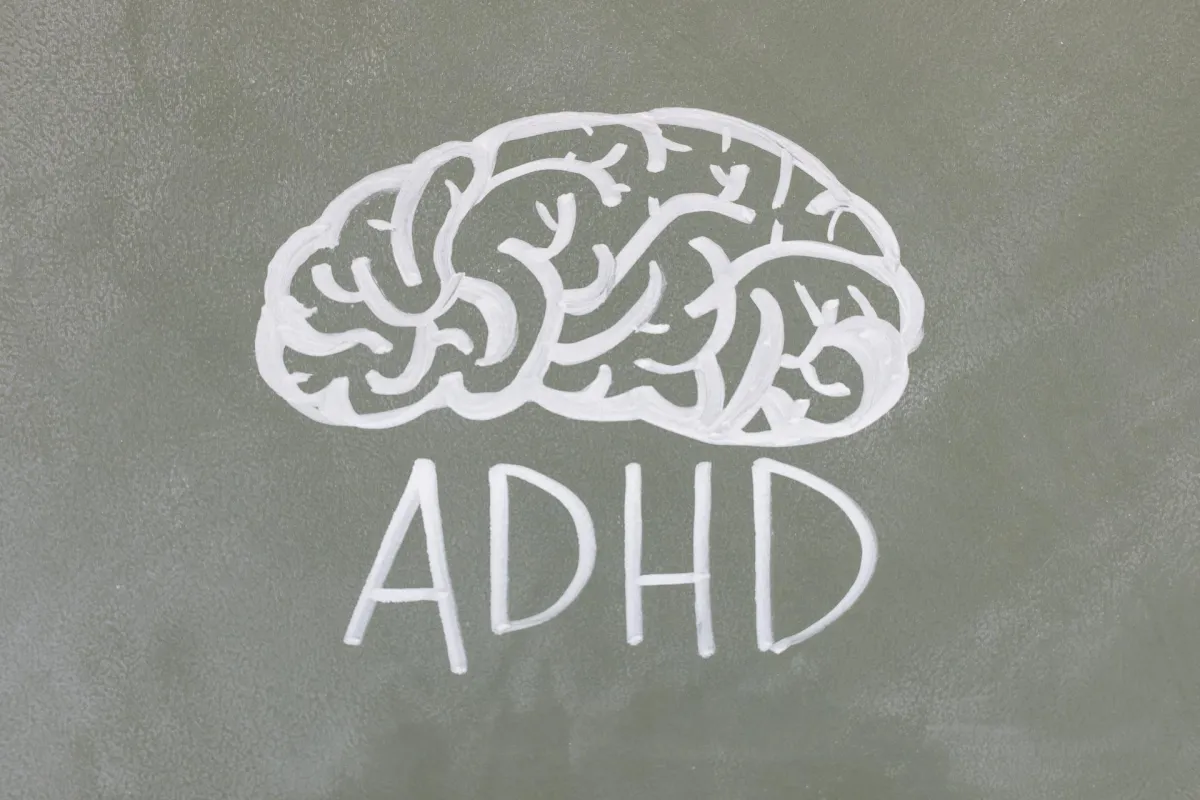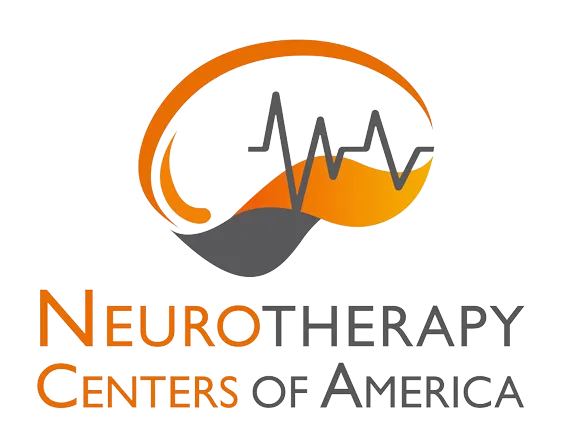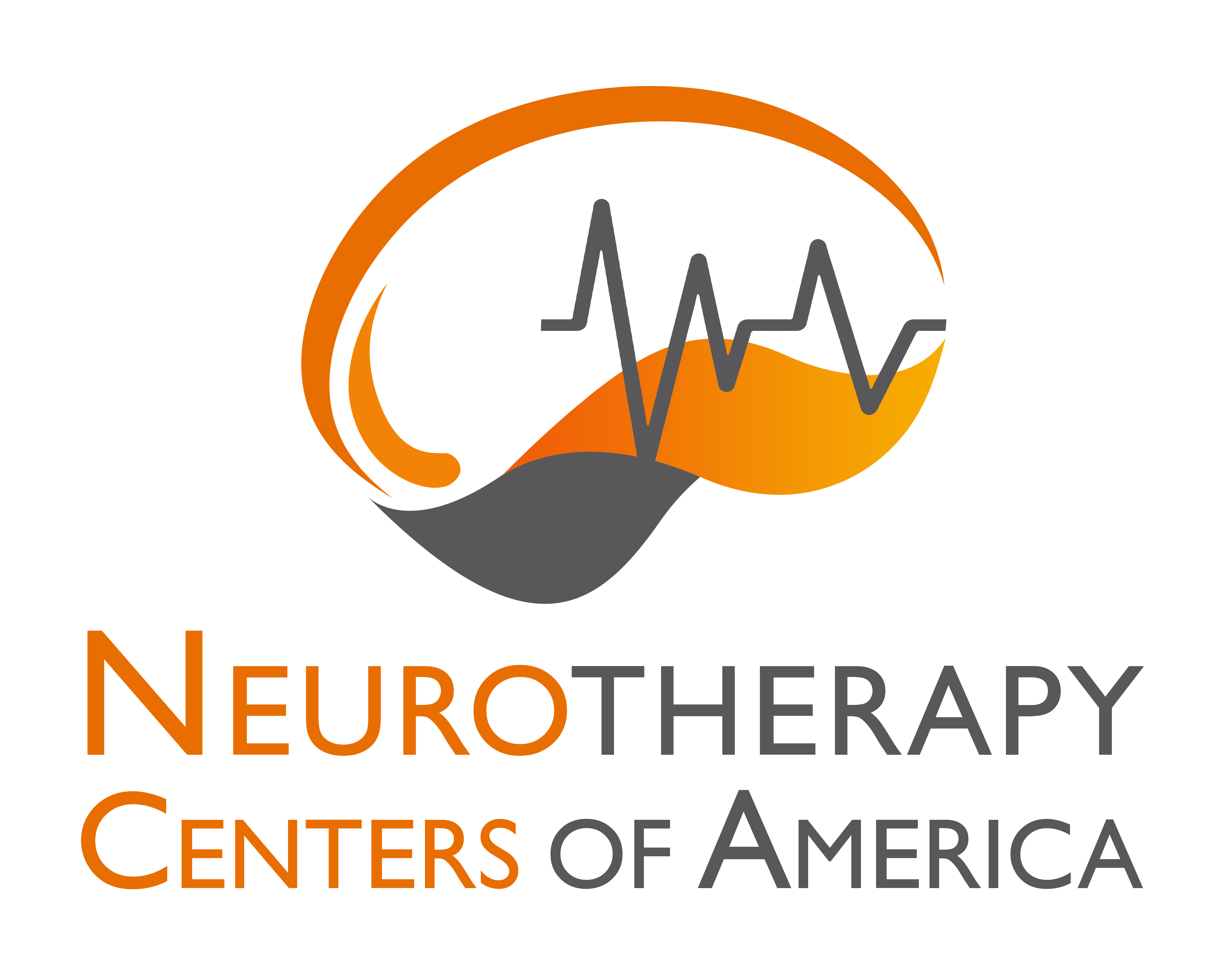
Navigating Frustration: Parenting Kids with ADHD
“Many kids with ADHD shut down when overwhelmed. They may act out when confronted with meeting parental expectations, like cleaning their room, as they have no idea where to start of finish.” - ADDitude Magazine
Parenting Kids With ADHD can be Challenging:
Parenting is a rewarding but challenging journey, and when you have a child with Attention Deficit Hyperactivity Disorder (ADHD), those challenges can be particularly intense. ADHD is a neurodevelopmental disorder that affects a child's ability to focus, control impulses, and regulate their behavior. Dealing with the daily struggles of ADHD can be incredibly frustrating for both parents and children. In this blog, we will explore some of the common sources of frustration and offer strategies to help parents cope effectively.

Understanding ADHD
Before delving into strategies for managing frustration, it's essential to understand ADHD better. ADHD is not a result of poor parenting or a lack of discipline. In many cases it is a neurobiological condition that affects the brain's functioning. Lack of blood flow, thinner blood vessels than normal, or slower development of the frontal lobe can be biological factors. Children with ADHD often struggle with one or more of the following:
Inattention: They have difficulty sustaining attention, following through on tasks, and organizing activities.
Hyperactivity: They are often restless, fidgety, and have difficulty staying seated.
Impulsivity: They may act without thinking about the consequences, interrupt others, and struggle with patience.
Common Frustrations
Lack of Focus: A common frustration is dealing with a child's inability to focus on tasks or instructions. It can be challenging to witness them struggle with schoolwork or simple household chores.
Impulsivity: Children with ADHD often blurt out comments, make impulsive decisions, or have emotional outbursts. This behavior can be embarrassing and exhausting for parents and teachers.
Hyperactivity: Constant movement and restlessness can make it difficult for parents to keep up, especially in public spaces where the child needs to sit still or be quiet.
Repetitive Challenges: Parents and teachers may find themselves addressing the same issues repeatedly, such as forgetfulness, disorganization, or difficulty following rules.
The Issue of Misdiagnosis
One pressing concern in the world of ADHD is misdiagnosis. Some children may be mislabeled as having ADHD when they have other underlying issues, such as anxiety, learning disabilities, metabolic issues, or sensory processing disorders. Misdiagnosis can lead to ineffective treatments and unnecessary frustration. It is crucial for parents and healthcare professionals to conduct thorough assessments to ensure an accurate diagnosis.
The Overuse of Medication
Another valid concern is the overuse of medication in managing ADHD. While medication can be affective for some children with ADHD, it should not be the sole approach or a first approach, nor should it be prescribed without careful consideration. Overreliance on medication can lead to potential side effects and may not address the underlying issues contributing to the child's symptoms.
The Best Approach
Neurofeedback: Neurofeedback, a drug-free non-invasive therapy that helps regulate brain activity, has been shown to be highly effective in managing ADHD symptoms without medication. It offers a personalized approach to help children gain better control over their impulses and attention. It has been recommended by the American Academy of Pediatrics as an effective treatment for ADD/ADHD, and has lasting affects.
Behavioral Therapy: Behavioral therapy, such as cognitive-behavioral therapy (CBT) and parent training, can be effective in teaching children and parents coping strategies and improving communication and behavior management.
Lifestyle Changes: A healthy lifestyle, including regular exercise, a balanced diet, nutritional supplements and consistent sleep patterns, can significantly impact ADHD symptoms and overall well-being.
In Conclusion
Parenting a child with ADHD comes with unique challenges, including the potential for misdiagnosis and the overuse of medication. It's essential to approach ADHD holistically, considering a range of treatment options beyond medication alone. By educating yourself about ADHD, advocating for thorough assessments, and exploring alternative approaches like Neurofeedback and behavioral therapy, you can navigate the frustrations and create a loving and supportive environment for your child to thrive. Remember that you are not alone on this journey, and with the right strategies and a strong support system, you and your child can overcome the challenges of ADHD together while making informed decisions about their treatment.
Neurotherapy Centers of America offers a more complete approach to resolving ADD/ADHD symptoms. Let us help you on your journey and give you safe and effective guidance.
Virtual Options
Contact us to schedule a FREE consultation and find out how you can qualify for a FREE cognitive/behavioral and metabolic evaluation.
Contact us at https://www.neurotherapycentersusa.com/contact
Visit our website at https://www.neurotherapycentersusa.com
Visit our Facebook Page https://www.facebook.com/neurocentersusa
*The information in this blog is intended for educational purposes only. The opinions expressed in this blog are the opinions of the blog owner, and any other opinions in quotations are the opinion of the sited reference.
"Copyright Disclaimer under Section 107 of the copyright act 1976, allowance is made for fair use for purposes such as criticism, comment, news reporting, scholarship, and research. Fair use is a use permitted by copyright statute that might otherwise be infringing. Non-profit, educational or personal use tips the balance in favour of fair use."
Neurotherapy Centers of America 2023
Julia Phares
Julia Phares is the Owner of Neurotherapy Centers of America, Formerly Atlanta Neurotherapy Institute. Julia has been a speaker at the SBMT, has appeared in WebMD videos and is featured in various medical publications.

Navigating Frustration: Parenting Kids with ADHD
“Many kids with ADHD shut down when overwhelmed. They may act out when confronted with meeting parental expectations, like cleaning their room, as they have no idea where to start of finish.” - ADDitude Magazine
Parenting Kids With ADHD can be Challenging:
Parenting is a rewarding but challenging journey, and when you have a child with Attention Deficit Hyperactivity Disorder (ADHD), those challenges can be particularly intense. ADHD is a neurodevelopmental disorder that affects a child's ability to focus, control impulses, and regulate their behavior. Dealing with the daily struggles of ADHD can be incredibly frustrating for both parents and children. In this blog, we will explore some of the common sources of frustration and offer strategies to help parents cope effectively.

Understanding ADHD
Before delving into strategies for managing frustration, it's essential to understand ADHD better. ADHD is not a result of poor parenting or a lack of discipline. In many cases it is a neurobiological condition that affects the brain's functioning. Lack of blood flow, thinner blood vessels than normal, or slower development of the frontal lobe can be biological factors. Children with ADHD often struggle with one or more of the following:
Inattention: They have difficulty sustaining attention, following through on tasks, and organizing activities.
Hyperactivity: They are often restless, fidgety, and have difficulty staying seated.
Impulsivity: They may act without thinking about the consequences, interrupt others, and struggle with patience.
Common Frustrations
Lack of Focus: A common frustration is dealing with a child's inability to focus on tasks or instructions. It can be challenging to witness them struggle with schoolwork or simple household chores.
Impulsivity: Children with ADHD often blurt out comments, make impulsive decisions, or have emotional outbursts. This behavior can be embarrassing and exhausting for parents and teachers.
Hyperactivity: Constant movement and restlessness can make it difficult for parents to keep up, especially in public spaces where the child needs to sit still or be quiet.
Repetitive Challenges: Parents and teachers may find themselves addressing the same issues repeatedly, such as forgetfulness, disorganization, or difficulty following rules.
The Issue of Misdiagnosis
One pressing concern in the world of ADHD is misdiagnosis. Some children may be mislabeled as having ADHD when they have other underlying issues, such as anxiety, learning disabilities, metabolic issues, or sensory processing disorders. Misdiagnosis can lead to ineffective treatments and unnecessary frustration. It is crucial for parents and healthcare professionals to conduct thorough assessments to ensure an accurate diagnosis.
The Overuse of Medication
Another valid concern is the overuse of medication in managing ADHD. While medication can be affective for some children with ADHD, it should not be the sole approach or a first approach, nor should it be prescribed without careful consideration. Overreliance on medication can lead to potential side effects and may not address the underlying issues contributing to the child's symptoms.
The Best Approach
Neurofeedback: Neurofeedback, a drug-free non-invasive therapy that helps regulate brain activity, has been shown to be highly effective in managing ADHD symptoms without medication. It offers a personalized approach to help children gain better control over their impulses and attention. It has been recommended by the American Academy of Pediatrics as an effective treatment for ADD/ADHD, and has lasting affects.
Behavioral Therapy: Behavioral therapy, such as cognitive-behavioral therapy (CBT) and parent training, can be effective in teaching children and parents coping strategies and improving communication and behavior management.
Lifestyle Changes: A healthy lifestyle, including regular exercise, a balanced diet, nutritional supplements and consistent sleep patterns, can significantly impact ADHD symptoms and overall well-being.
In Conclusion
Parenting a child with ADHD comes with unique challenges, including the potential for misdiagnosis and the overuse of medication. It's essential to approach ADHD holistically, considering a range of treatment options beyond medication alone. By educating yourself about ADHD, advocating for thorough assessments, and exploring alternative approaches like Neurofeedback and behavioral therapy, you can navigate the frustrations and create a loving and supportive environment for your child to thrive. Remember that you are not alone on this journey, and with the right strategies and a strong support system, you and your child can overcome the challenges of ADHD together while making informed decisions about their treatment.
Neurotherapy Centers of America offers a more complete approach to resolving ADD/ADHD symptoms. Let us help you on your journey and give you safe and effective guidance.
Virtual Options
Contact us to schedule a FREE consultation and find out how you can qualify for a FREE cognitive/behavioral and metabolic evaluation.
Contact us at https://www.neurotherapycentersusa.com/contact
Visit our website at https://www.neurotherapycentersusa.com
Visit our Facebook Page https://www.facebook.com/neurocentersusa
*The information in this blog is intended for educational purposes only. The opinions expressed in this blog are the opinions of the blog owner, and any other opinions in quotations are the opinion of the sited reference.
"Copyright Disclaimer under Section 107 of the copyright act 1976, allowance is made for fair use for purposes such as criticism, comment, news reporting, scholarship, and research. Fair use is a use permitted by copyright statute that might otherwise be infringing. Non-profit, educational or personal use tips the balance in favour of fair use."
Neurotherapy Centers of America 2023
Julia Phares
Julia Phares is the Owner of Neurotherapy Centers of America, Formerly Atlanta Neurotherapy Institute. Julia has been a speaker at the SBMT, has appeared in WebMD videos and is featured in various medical publications.
©2025 Neurotherapy Centers Of America.
All rights reserved.
*We offer a drug-free, non-invasive approach to alleviate symptoms associated with: ADHD, Autism Spectrum Disorders, Anxiety, Insomnia, Learning Disorders, Memory Loss, Fibromyalgia, Migraine and more..
Our advertising features actual client testimonials. Individual results may vary.
©2025 Neurotherapy Centers Of America. All rights reserved.
*We offer a drug-free, non-invasive approach to alleviate symptoms associated with: ADHD, Autism Spectrum Disorders, Anxiety, Insomnia, Learning Disorders, Memory Loss, Fibromyalgia, Migraine and more..


